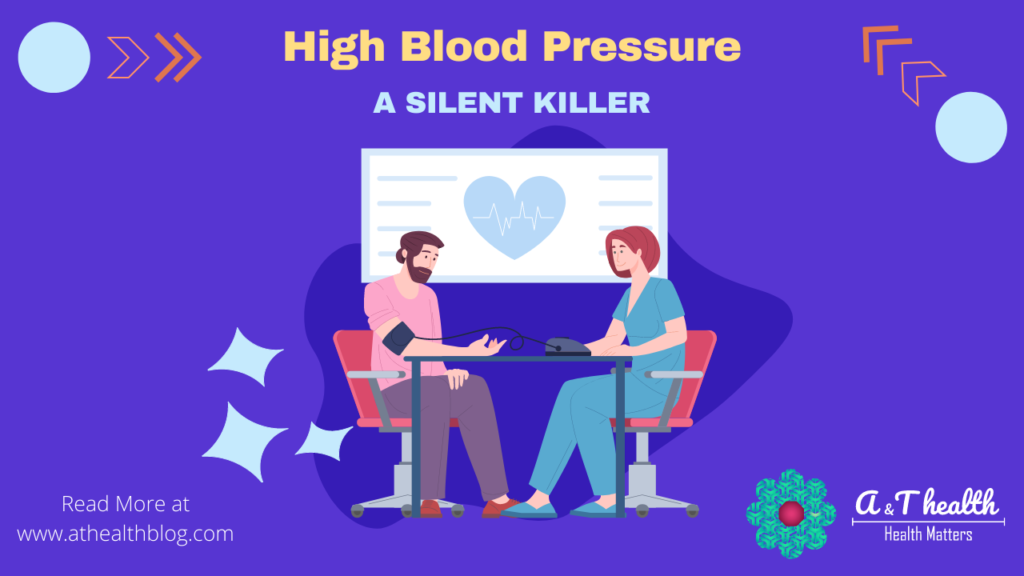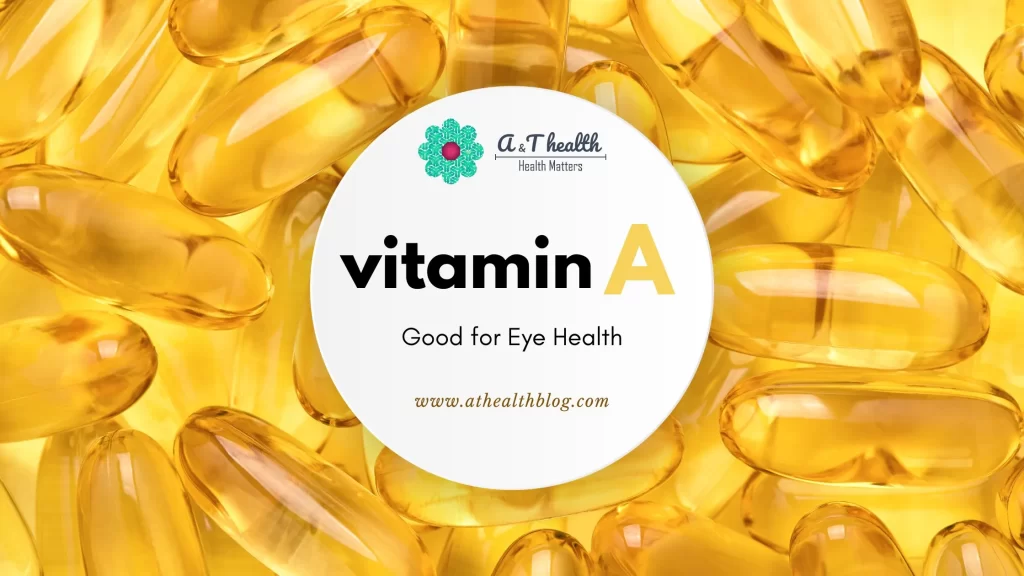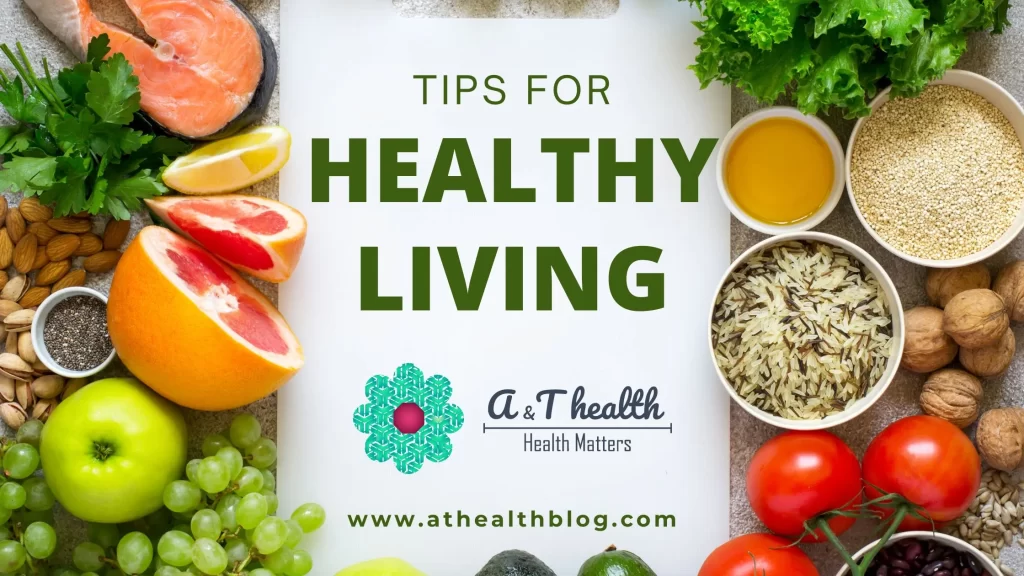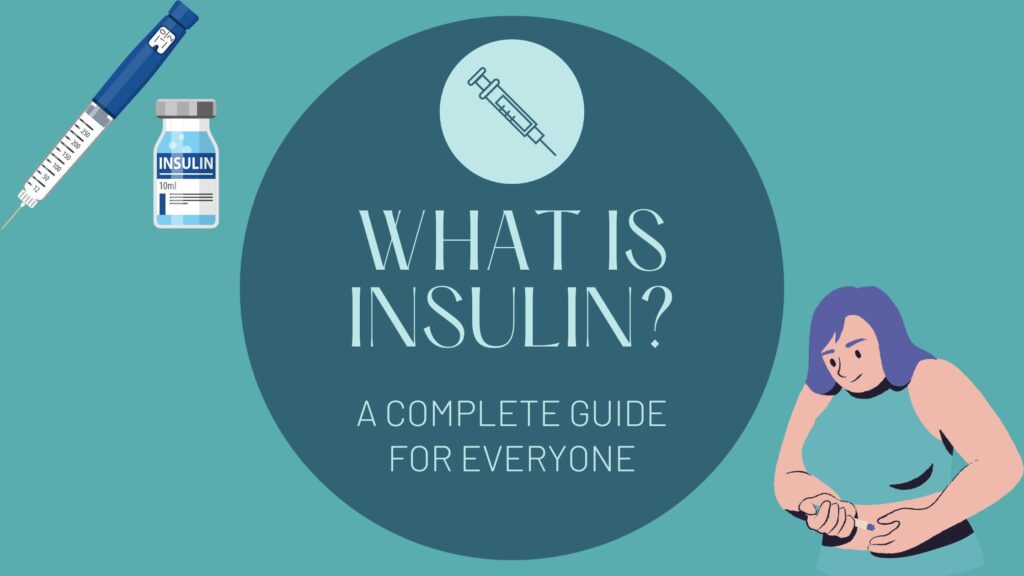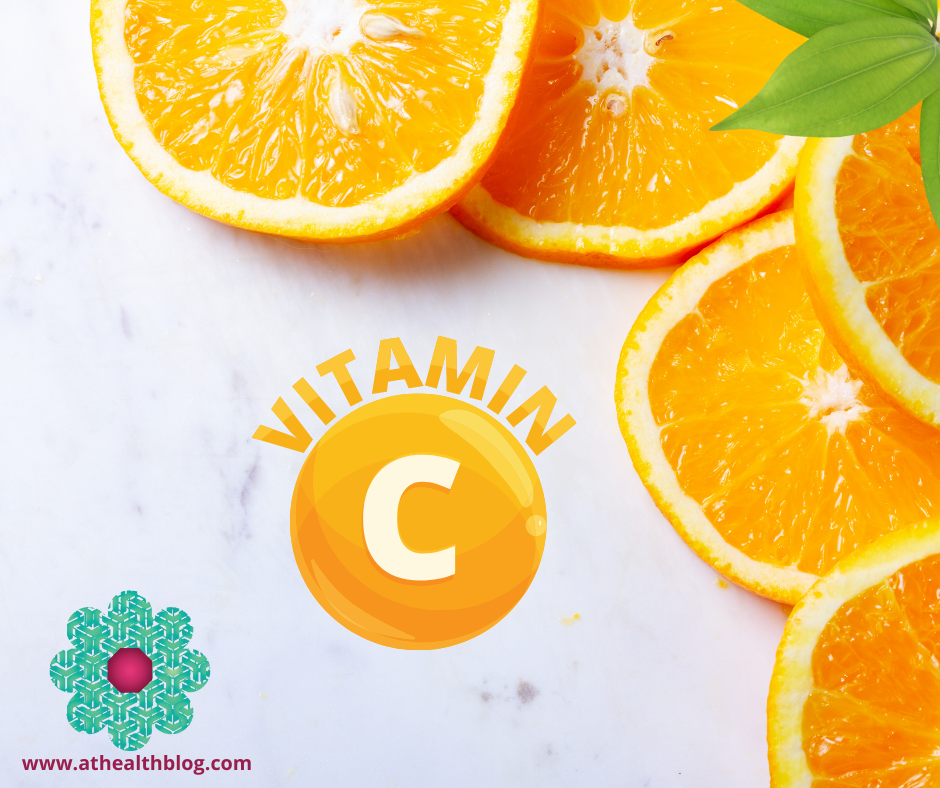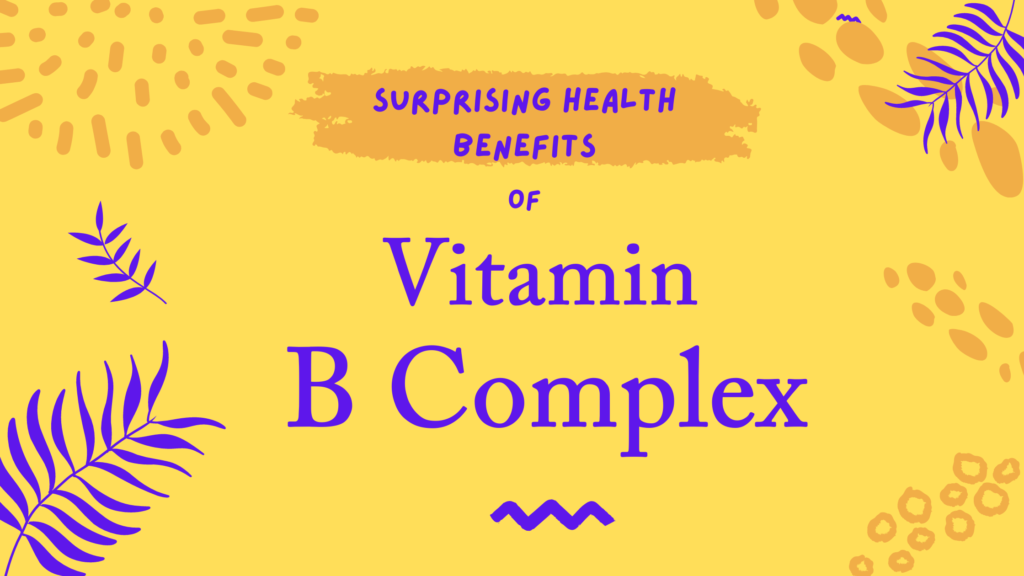The benefits of eggs are immense. Eggs are an incredible source of protein, vitamins, and minerals. It is the most wholesome and nutritious thing you can imagine adding to your diet. It will make you feel rejuvenated, and you will be surprised by the quality of health it brings.
No food other than mother’s milk is complete nutrition for a human. The benefits of eggs include a wide variety of necessary nutrients, including vital amino acids and the vitamins and minerals stated below, in a ratio identical to humans’ daily requirements.
Nutrients In An Egg:
Eggs are economical and one of the highest multi-nutrient foods we can easily access.
Calories in eggs vary as per their size; a medium egg provides 66 calories, a Large egg offers 75 to 84 calories, and a jumbo egg offers around 94 calories.
| Sr No | Nutrient | Qty in one Large Egg 50gm | Major Role in Body |
|
1 |
315.50 IU | It provides vital health benefits, including improving vision and boosting the immune system. | |
|
2 |
26 IU | It has an essential function in maintaining healthy bones and teeth. | |
|
3 |
Vitamin E |
0.53 mg | It is vital for vision, reproduction, and the health of your blood, brain, and skin. |
|
4 |
0.07 mg | Essential for the release of sugar from the liver and Converts amino acids to fats | |
|
5 |
0.50 mcg |
It is essential to the growth and repair of the cells inside the body and is a neurotropic agent. | |
|
6 |
Pantothenic Acid |
0.63 mg |
It is essential for synthesizing Vitamin D, steroids, red blood cells, bile, and neurotransmitters. |
|
7 |
Riboflavin |
0.25 mg |
It is essential for fatty acid metabolism, treatment of Acne, muscle cramps, and normal tissue respiration. |
|
8 |
Niacin |
0.04 mg |
It is essential for hormone synthesis, i.e., insulin, cortisone, thyroxine, estrogen, and testosterone. |
|
9 |
Thiamin |
0.03 mg |
Thiamin is essential for the normal functioning of the Central Nervous System. |
|
10 |
Folate |
23.5 mcg |
Necessary for hemoglobin and used in the treatment of anemia |
|
11 |
Protein |
6.25 g |
It helps in the building and repairing of body tissues. |
|
12 |
Total Fat |
5.01 g |
It provides our body energy and supports cellular functions. |
|
13 |
Carbohydrates |
0.61 g |
These are the primary fuels of our body and are necessary for proper body functions. |
|
14 |
Phosphorus |
89 mg |
Phosphorous is the 2nd most abundant mineral in our body. Calcium is used in the formation of bones and teeth. |
|
15 |
Potassium |
60.5 mg |
It helps the body maintain normal fluid levels and maintain blood pressure. |
|
16 |
Sodium |
63 mg |
It maintains a balance of water and minerals in the body, is also needed in muscles relaxation and contraction, and conducts nerve impulses. |
|
17 |
Calcium |
24.5 mg |
Necessary in the formation of bones, heart contraction, nerve impulse conduction, contraction and relaxation of muscles |
|
18 |
Magnesium |
5 mg |
Bones formation, Blood pressure regulation, DNA formation, Nerve functions, Maintaining blood sugar levels |
|
19 |
Iron |
0.72 mg |
Growth and development, formation of hemoglobin and myoglobin |
|
20 |
Zinc |
0.55 mg |
DNA synthesis, cellular growth, supporting and strengthening of the immune system |
|
21 |
Copper |
0.01 mg |
Necessary for forming red blood cells, nerve cells, immune system strength, collage. |
|
22 |
Manganese |
0.01 mg |
Essential in the formation of tissues, bones, sex hormones |
|
23 |
Selenium |
15.4 mcg |
It acts as an antioxidant and strengthens the immune system. |
Apart from the above vitamins and minerals egg also contains
- Monosaturated Fatty Acids 1.91 g
- Saturated Fatty Acids 1.55 g
- Polyunsaturated Fatty Acids 0.68 g
- Cholesterol 212.5 mg
What are the Benefits of Egg White:
Egg white is known worldwide as a healthy food. It consists of almost 67% of the whole egg, and the benefits of egg white are that its nutrient content is high especially protein.
Egg white is also called albumin, and it surrounds egg yolk. Egg white is nutritious and contains
- Protein
- Niacin
- Riboflavin
- Chlorine
- Magnesium
- Potassium
- Sodium
- Sulfur
The Benefits of Egg Yolk:
Yolks are packed with nutrients. Egg yolk contains essential vitamins, minerals, and antioxidants that help you stay healthy. Yolks are also high in cholesterol, but recent research has shown that moderate consumption of eggs does not elevate the risk of heart disease.
Egg yolk contains a higher number of vitamins and minerals than white. Only Riboflavin and Niacin are not present in the yolk.
- Fat-soluble vitamins like Vitamin A, Vitamin D, and Vitamin E occur naturally in egg yolk.
- Phosphorus
- Manganese
- Iron
- Iodine
- Copper
- Calcium
- Zinc
Eggs in Metabolic syndromes:
The research shows that eggs are essential food for patients with metabolic diseases like high blood glucose levels, high blood pressure, high lipid profile, obesity, etc.
The studies show that egg consumption increases HDL cholesterol, antioxidants, and other essential nutrients in diabetic patients.
Eyes Protection:
There is increased oxidative stress in diabetic patients and patients with cardiovascular disease. Increased oxidative stress damages our eyes mainly.
Eggs contain 176mcg of carotenoids, Lutein, and zeaxanthin. These carotenoids play a significant role in the formation of HDL cholesterol.
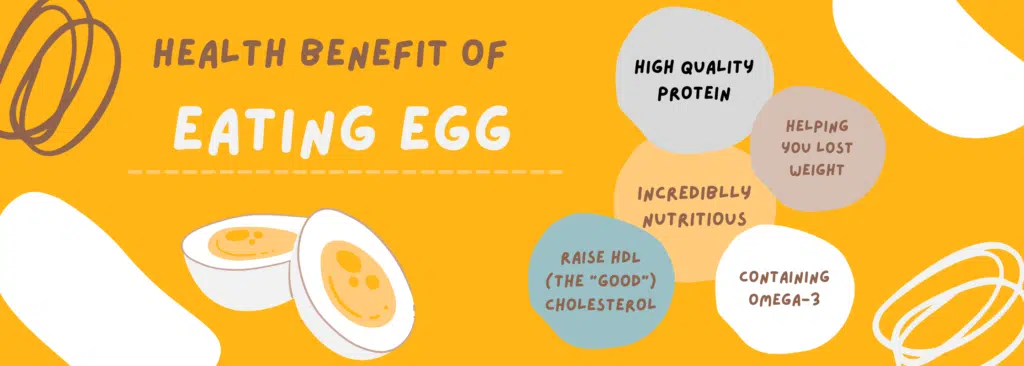
The HDL cholesterol transfers Lutein and zeaxanthin to the eye. They are involved in forming the macular pigment, which protects the watch from oxidative damage, macular degeneration, and cataracts due to oxidative stress.
Weight Loss:
Eggs are the source of high-quality protein and essential amino acids, which increase satiety levels.
When included in breakfast, Eggs enhance satiety levels by affecting satiety hormones (PYY3-36).
Eggs enhance weight loss by:
- Enhancing Satiety
- Reducing the need for a high-calorie diet
- Reducing food intake
- Leucine is found abundantly in eggs. Leucine directly affects the hypothalamic regulation of food intake, insulin secretion, and glucose metabolism.
These are an essential part of any weight loss diet regimen by increasing satiety and eliminating the need for high calories needed by the body.
Benefits of Eggs in Pregnancy:
Eggs are one of the readily available nutritional sources. The benefits of eggs in pregnancy are essential and proved by research that they cannot be ignored.
Eggs are a rich Omega 3 and DHA source, essential in fetal and neonatal development.
In a study conducted in U.S,
Two groups of pregnant women participated in the research. In their last trimester, one group was given around 6 to 7 DHA and Omega 3 enriched eggs per week. There were no eggs included in the diet of another group.
After delivery, there were marked improvements seen in babies after birth
- Birth Weight
- Length
- Head circumference
- Increased RBC
- Increase in both maternal and infant levels of DHA.
This happens in mothers who consumed omega-3 eggs during pregnancy, proving the benefits of eggs in pregnancy and eggs were an effective source of diet.
Uses other than Food:
- The primary use of eggs is the reproduction of species to meet the growing demand for poultry meat. The benefits of eggs other than food are also numerous.
- Egg albumin is used in the polishing of leather goods
- Inedible eggs or rotten eggs are used in the plant fertilizers and animal feeds
- Eggs are often given to pets to enhance the glossy sheen of their fur
- Chick embryo is used to produce vaccines for different infectious diseases like influenza or pox virus diseases.
- Eggs shells are used for the decorations like easter.
- Egg emulsion has been used as an emulsion with water in paintings due to its stability.
- Egg membranes are beneficial in stimulating skin regeneration after injury.
- Egg membrane is also used as an emollient in cosmetics and toiletries.
- There is a fining process in which egg white clarifies red wine.
Ending Note:
Eggs are a great way to get a lot of protein and fatty acids, supporting your muscle health and lowering cholesterol levels. We also discussed how eggs provide vital nutrients like vitamin D and selenium, which help maintain proper heart function.
We hope that this post has given you a better understanding of some of the most well-known advantages of eggs. The next time you’re wondering whether or not to eat them, remember this article and enjoy your protein-packed breakfast!

